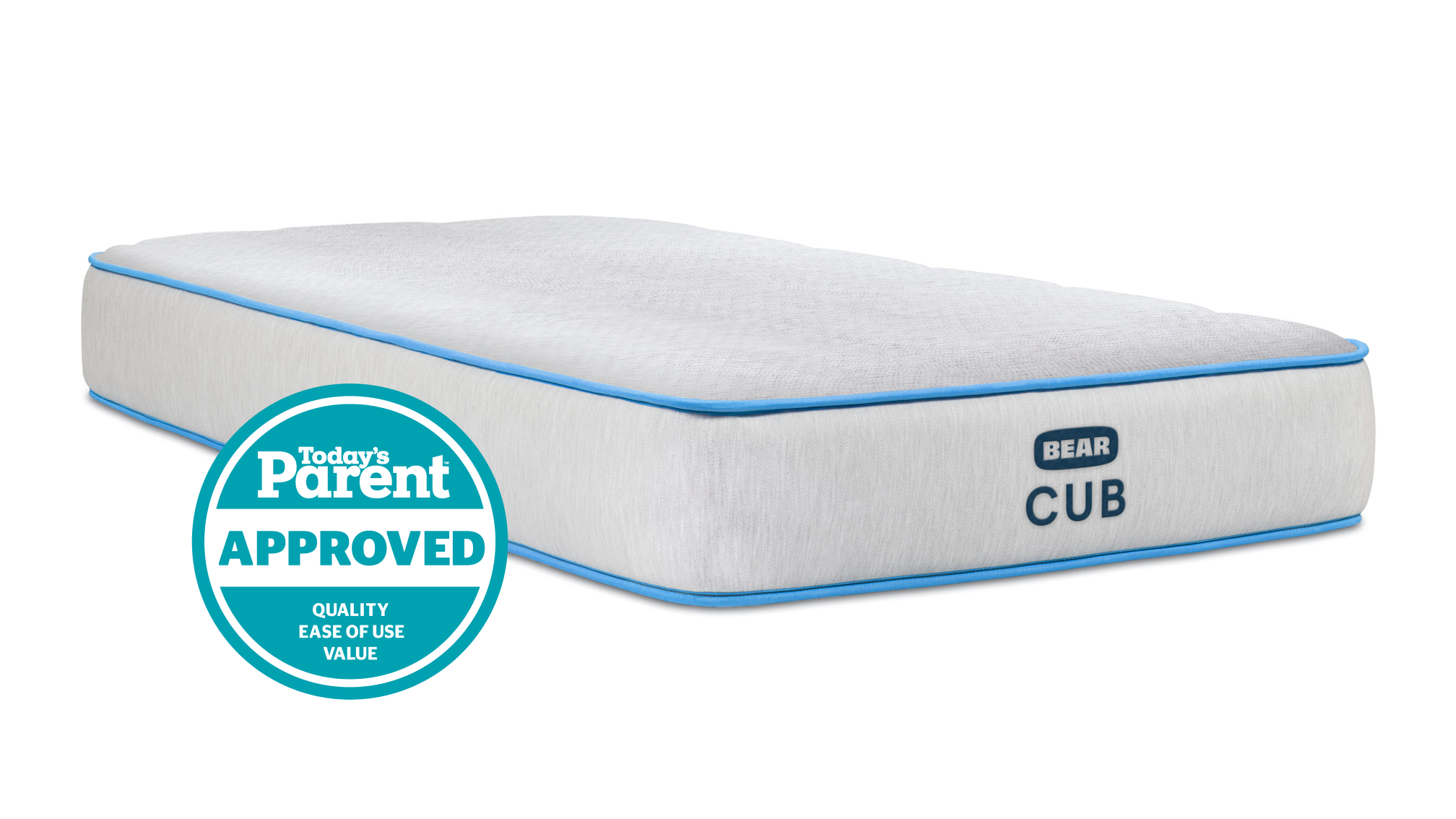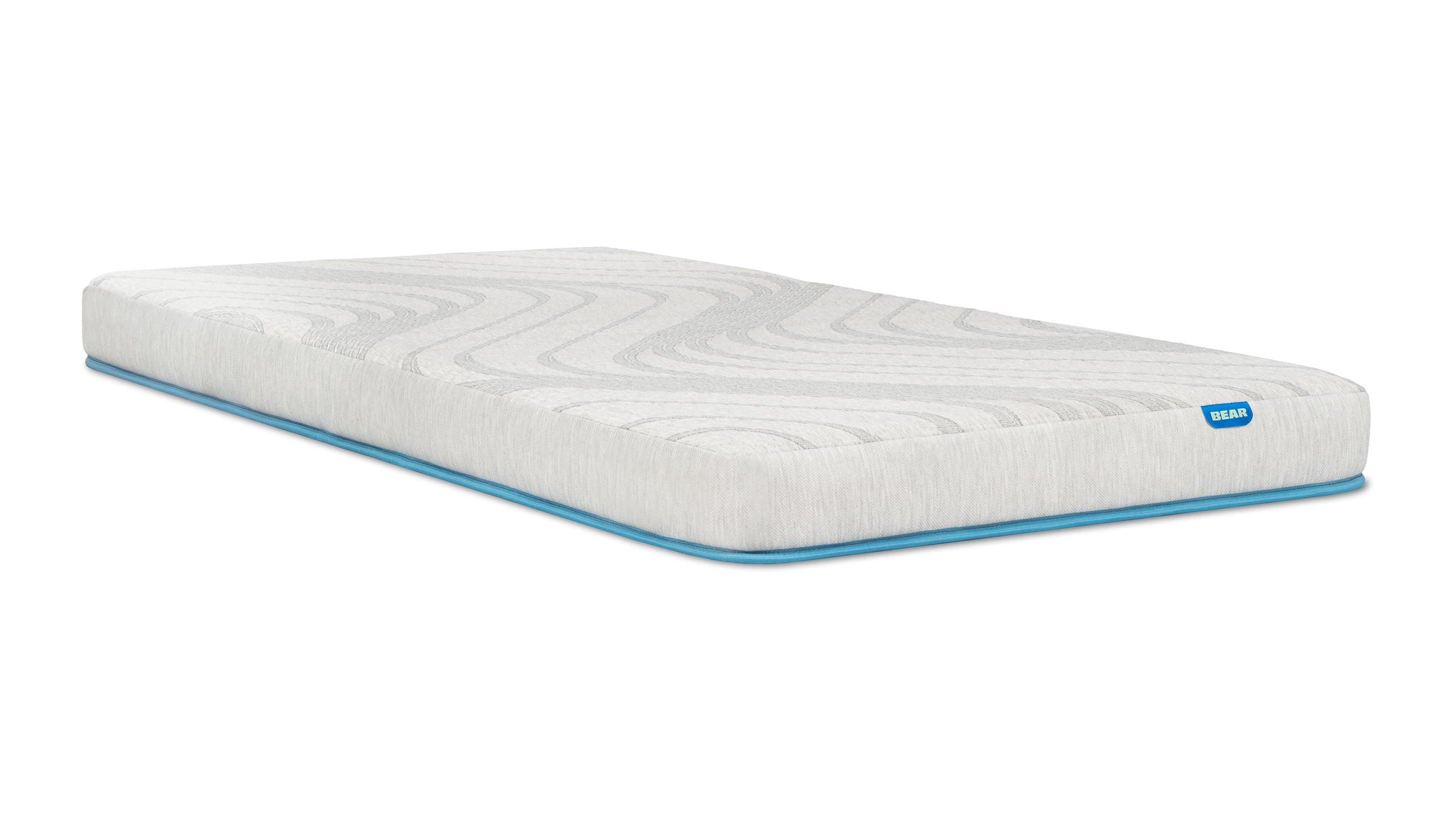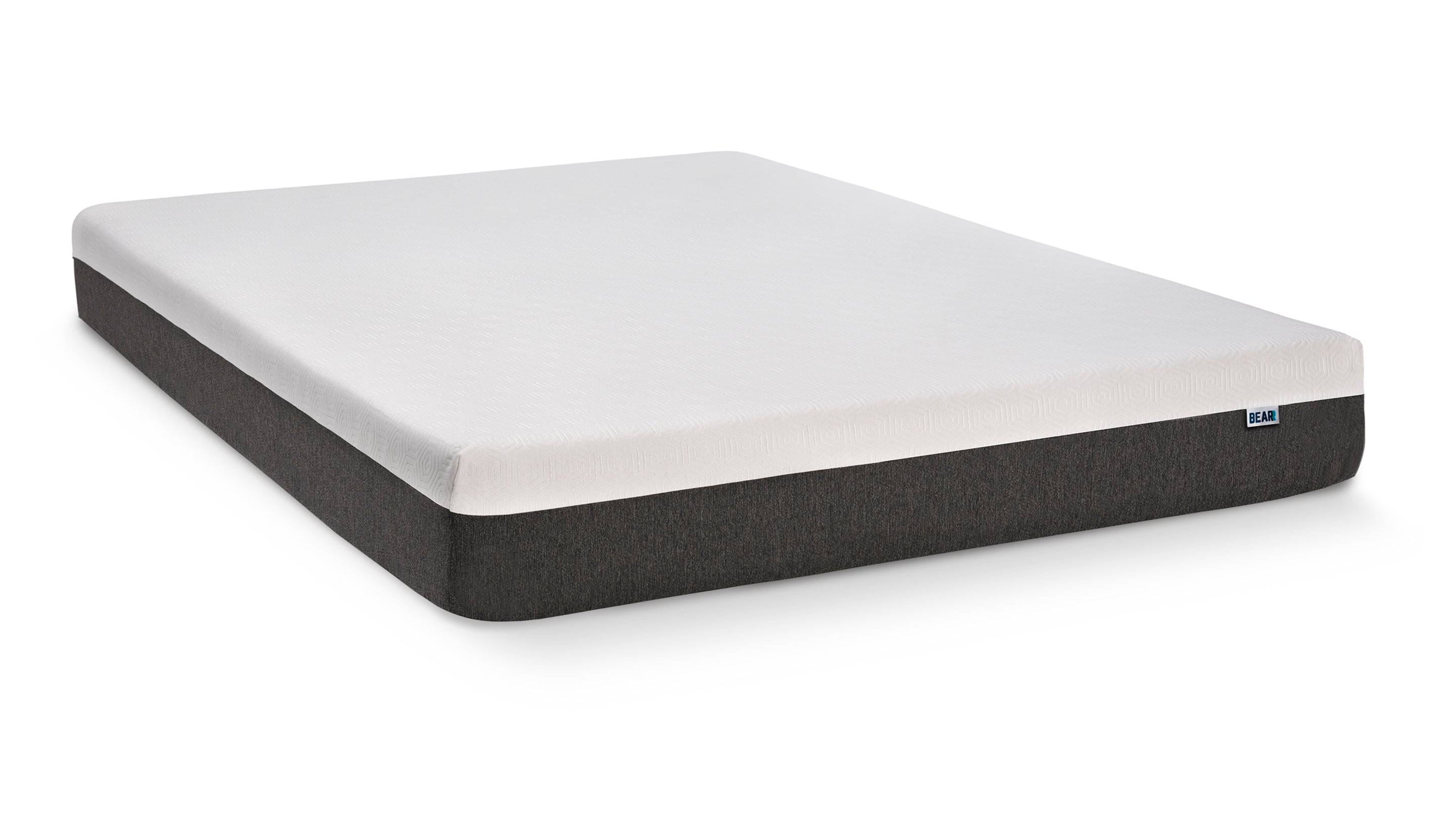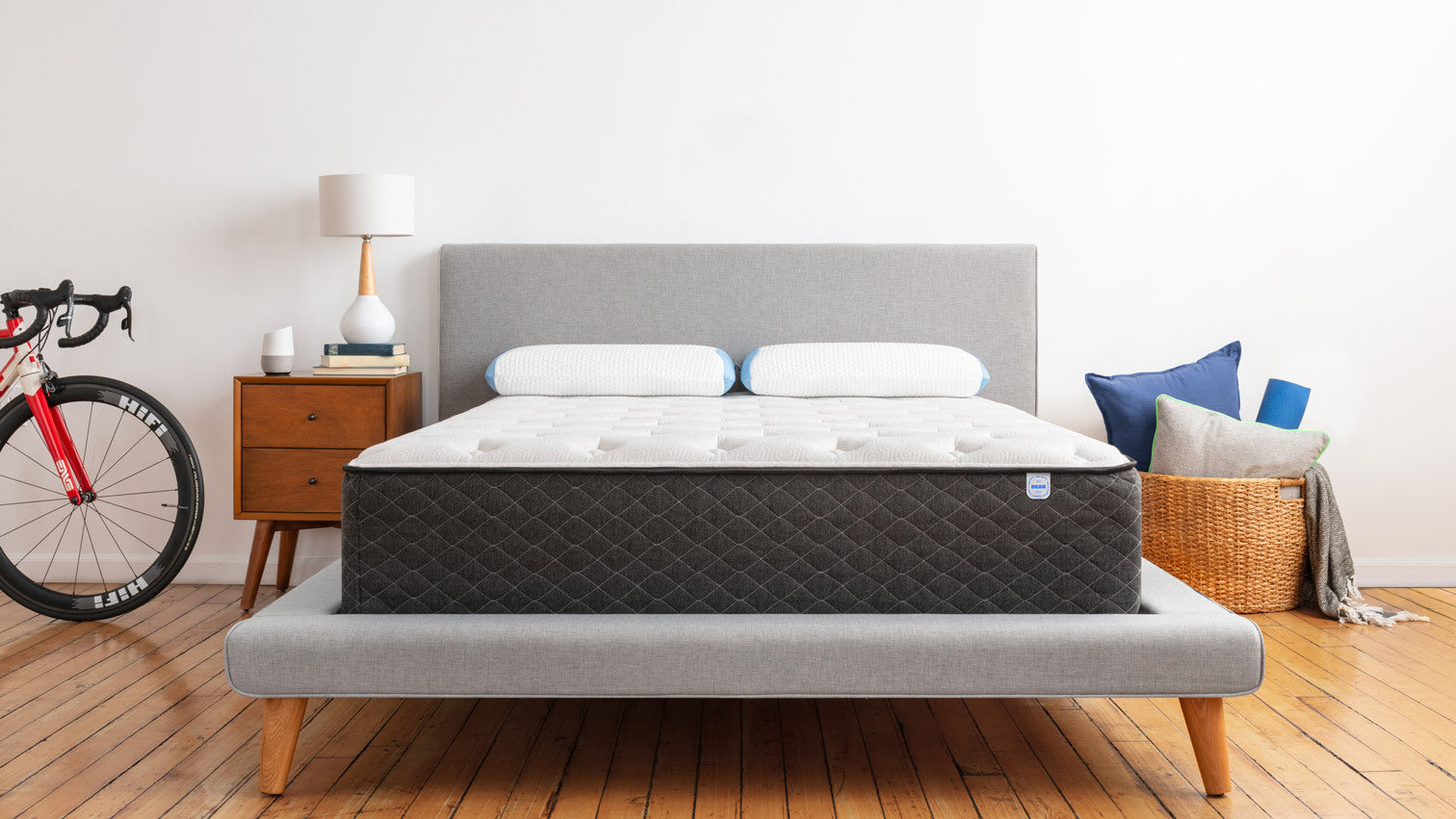Can’t sleep? Getting frustrated because you can’t sleep, which is, in turn, making it harder for you to fall asleep? Talk about a vicious cycle!
Well, first things first: don’t stress out. It won’t make falling asleep naturally any easier because your mind will continue to run on a bunch of nervous energy.
If you’re wondering how to fall asleep quickly, try one of these tips and tricks. From breathing techniques to meditation and more, they’ll help you calm your mind and ease your body into a deep, natural slumber — fast!
1. Hide Your Alarm Clock
If you’re having trouble falling asleep, the last thing you need to know is the time. The later it gets, the more anxious you’ll be about your lack of sleep. So, do yourself a favor: Don’t check your alarm clock (or your phone).
2. Use the 4-7-8 Breathing Technique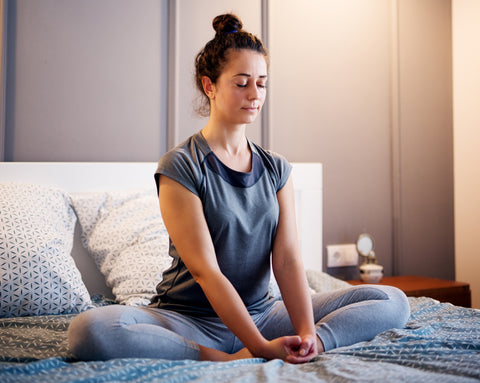
Another great way to fall asleep fast is to try a breathing technique. One of these, called the “4-7-8” method, will purportedly help you fall asleep in under a minute.
Championed by best-selling author Dr. Andrew Weil, it moves along the relaxation process by increasing oxygen flow to your bloodstream, slowing your heart rate and releasing more carbon dioxide from your lungs. Here’s how you do it:
- Press the tip of your tongue against the bumpy ridge of tissue behind your upper front teeth, and keep it there throughout this entire exercise.
- Exhale completely through your mouth, making a whooshing sound.
- Close your mouth and inhale quietly through your nose for 4 counts.
- Hold your breath for 7 counts.
- Exhale through your mouth (making the whooshing sound again) for 8 counts.
- Repeat the cycle three or four more times, or until you fall asleep.
3. Try the Military Technique
Developed by the U.S. Navy Pre-Flight School, this routine is said to help pilots fall asleep in 2 minutes or less! Apparently, this method can take some practice because it combines muscle relaxation with a bit of meditation and visualization. But once you master it, you’ll be able to sleep anytime, anywhere.
- Relax your face, including the muscles in your mouth.
- Drop your shoulders and let your hands fall to your sides (this will help release any tension you may be carrying).
- Exhale and relax your chest.
- Relax your leg muscles. (Pretend they’re heavy weights, sinking into your mattress).
- Clear your mind for 10 seconds. Sometimes, imagining a relaxing scene does the trick.
- If that doesn’t work, say the phrase “don’t think” over and over for 10 seconds.
After those steps, you should hopefully be snoring away!
4. Visualize a Calm Place
If counting or counting while breathing (like the method above) doesn’t work for you, using your imagination might do the trick.
Try to imagine a peaceful setting and simultaneously try to “feel” the emotions and sensations you would if you were there in real life. Focus on the details, including sounds, sights, textures, smells, etc. It’ll help keep your brain engaged and occupied so you don’t focus on worries, to-dos or anxieties while you try to doze off.
5. Practice Progressive Muscle Relaxation
Considered one of the best ways to fall asleep quickly, progressive muscle relaxation involves slowly tensing and then relaxing your muscles in order to eventually relax your entire body.
Whether you start at your head or toes is up to you — but you want to gradually work your way up (or down) your body, tensing each muscle for at least 5 seconds and relaxing each for 30 seconds. Remember to breathe slowly and deeply while you do it, and focus on how heavy your body begins to feel as you relax muscle after muscle.
Sleep Is About Quality, Not Just Quantity
The number of hours you sleep is important, and falling asleep fast is a part of that. But these tricks and techniques will also help improve the overall quality of your sleep. After all, sleeping poorly for nine hours isn’t better than sleeping really well for five hours, right?
However, if these tips and tricks don’t help you fall asleep, you can also try cooling down your room, doing gentle yoga for 15 minutes, using aromatherapy or taking a warm shower before bed. Often, it’ll take a combination of things to help train your body how to fall asleep fast. So, just remain calm and patient — sleep will come!





